


Pakistani dramas, renowned for their gripping narratives, profound emotional content, and cultural authenticity, have established a distinct place for themselves in the international entertainment sector.
Among these, Sun mere dil drama (Urdu: “سن مرג دل,” or “Listen to My Heart”) is a fictitious yet incredibly poignant story that examines themes of self-discovery, sacrifice, and love.
This article explores the core of this fictional Rahat Fateh Ali Khan video, its themes, characters, and the reasons it appeals to viewers worldwide.
The main character of Sunn Mere Dil is Ayesha Khan, a vibrant young lady from Lahore whose life takes a terrible turn after she loses her parents in an unexpected tragedy.
After becoming an orphan, Ayesha is compelled to go to Karachi in order to live with her uncle, Javed Ibrahim, who is a strict yet kind man who is still dealing with his own past transgressions.
Ayesha’s passion for music becomes her refuge in this unfamiliar environment.
However, her talent is met with disapproval from her conservative family, who view her aspirations as unconventional and inappropriate.
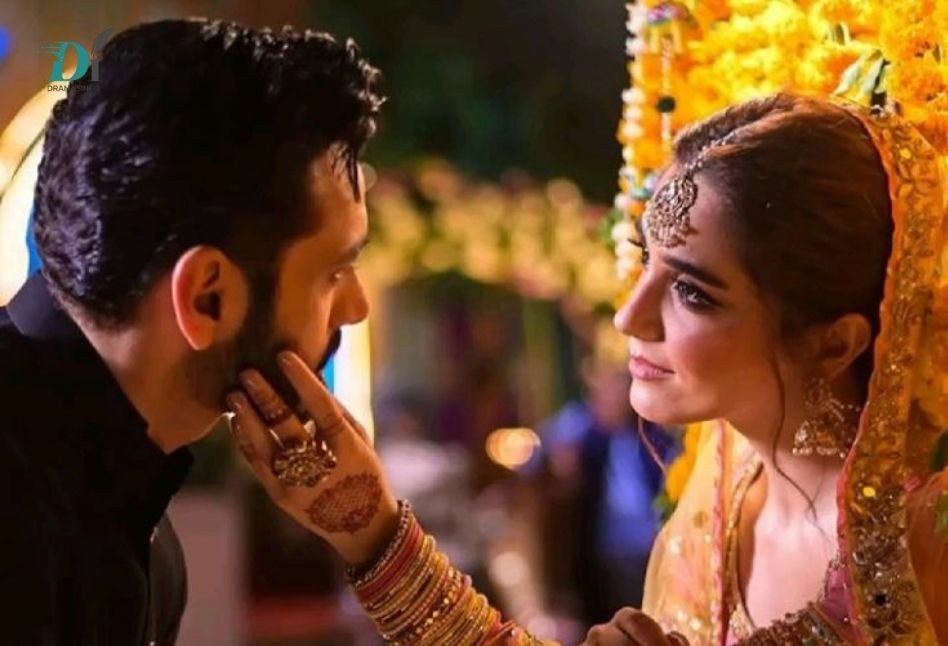
Despite these challenges, Ayesha finds solace in a hidden music café, where she meets Zain Ahmed, a brooding musician with a troubled past.
Zain, once a celebrated artist, has retreated from the world after a failed relationship and societal judgement.
Their shared love for music and poetry sparks a deep connection, but their budding relationship faces numerous obstacles, including familial expectations, societal norms, and Zain’s unresolved guilt.
As Ayesha fights to reclaim her voice—both literally and metaphorically—the drama unfolds as a poignant exploration of grief, identity, and the transformative power of art.
The main character, Ayesha Khan, is shown as a strong yet frail young lady.
The story’s emotional centre is her transformation from a distraught orphan to a self-assured artist.
The character of Ayesha represents the challenges faced by many young women in traditional cultures as they attempt to strike a balance between their own aspirations and those of their families.
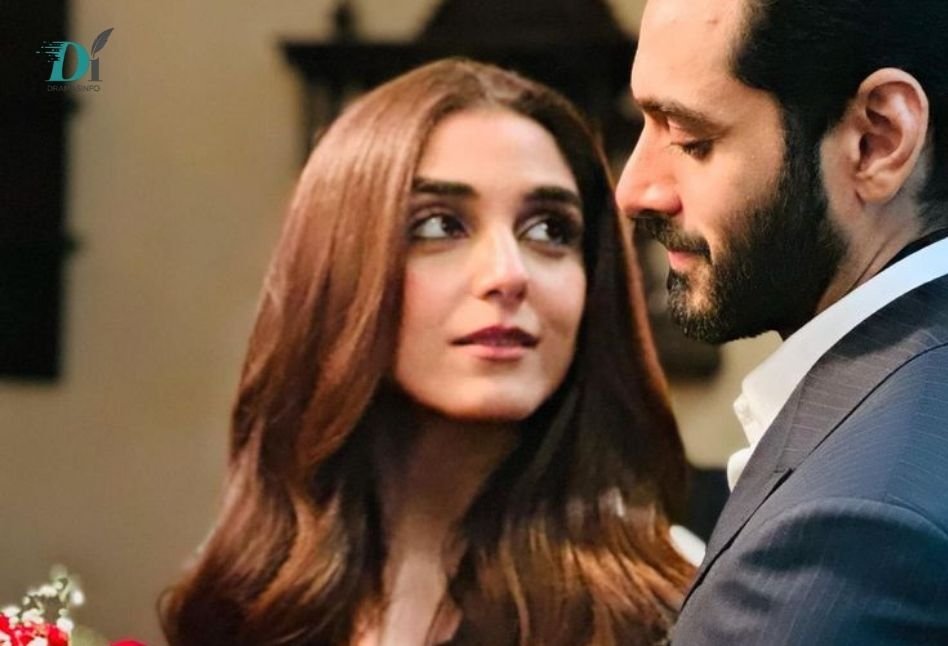
Zain Ahmed is a gifted but withdrawn musician who is troubled by a broken relationship and social rejection.
He is forced to face his anxieties and rediscover his love of music by his connection with Ayesha.
Javed Ibrahim: Ayesha’s uncle, whose stern demeanour conceals his regret for previous transgressions.
His changing connection with Ayesha brings to light the difficulties of familial affection as well as generational differences.
Sana: Ayesha’s confidante and cousin, whose contemporary perspective runs counter to the family’s traditional beliefs.
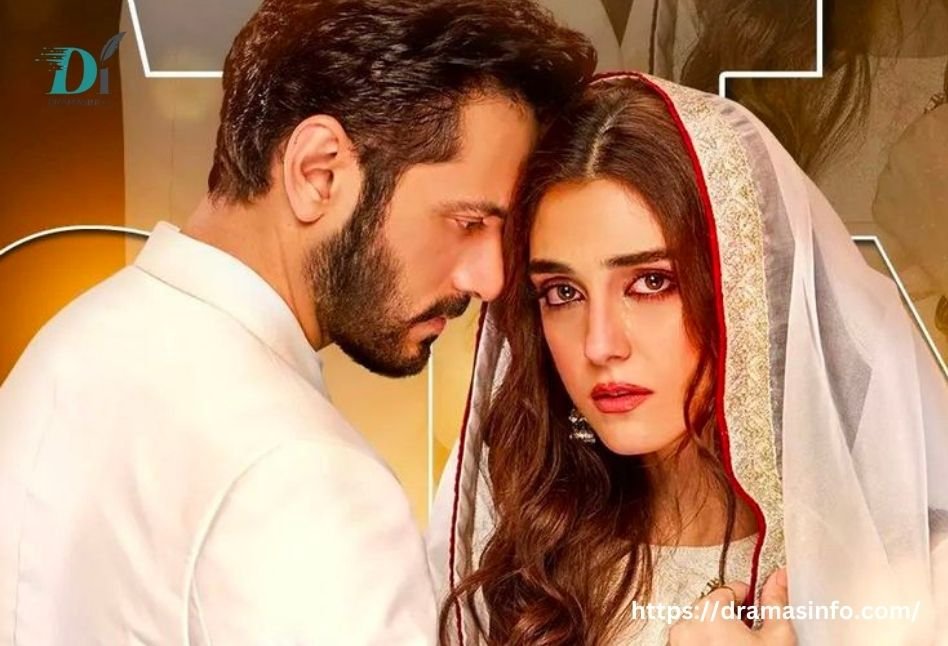
Sana’s persona helps Ayesha’s quest for self-awareness and offers a novel viewpoint on social conventions.
Art as Rebellion: Ayesha’s musical rebellion of social conventions represents the fight for artistic freedom in restrictive settings.
Her experience serves as a reminder of the healing and empowering potential of art.
Personal Dreams vs. Familial Duty: The conflict between tradition and individualism is reflected in the friction between Ayesha’s goals and her uncle’s expectations.
In cultures where family responsibilities frequently take precedence over individual goals, this topic strikes a deep chord.
Healing Through Connection: The relationship between Zain and Ayesha demonstrates how empathy and atonement may be fostered by shared suffering.
Their bond is proof of the restorative potential of empathy and love.
In order to fully immerse viewers in Pakistani culture, Sunn Mere Dil would do the following:

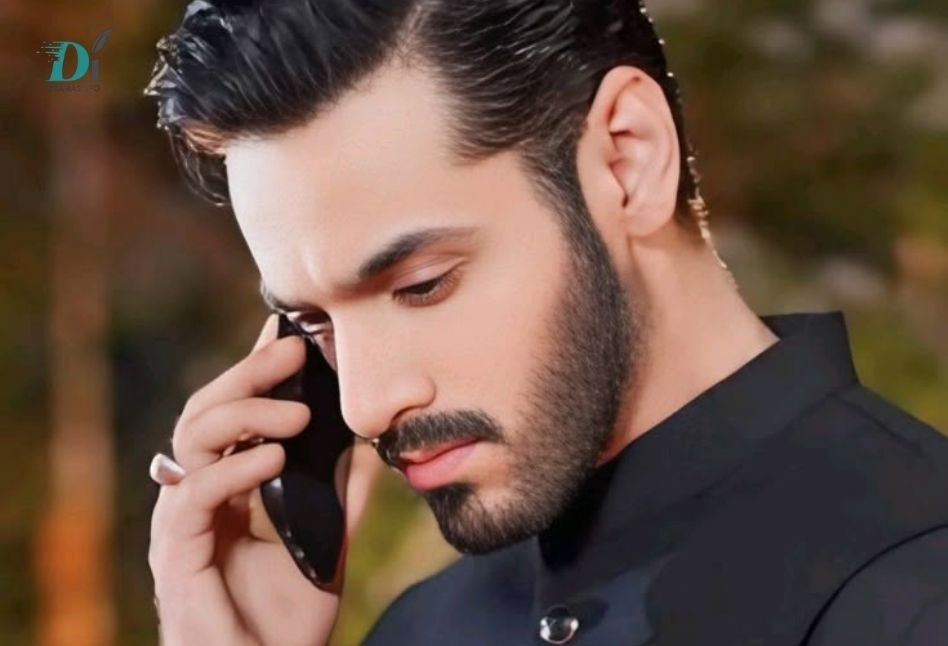
Social Commentary: Providing a complex depiction of social issues, this piece addresses taboos surrounding women’s artistic professions and the shame associated with mental health issues.
Ayesha’s struggle for independence is incredibly relevant since it reflects the difficulties encountered by many young women in South Asia.
The drama steers clear of hyperbole in favour of subtle narrative, striking a balance between heartbreaking times and optimism.
Adding actors like Mahira Khan (Ayesha) and Fawad Khan (Zain) to the ensemble will raise the emotional stakes and chemistry while engrossing the audience in the world of the characters.
Sunn Mere Dil would be included in such masterpieces as:
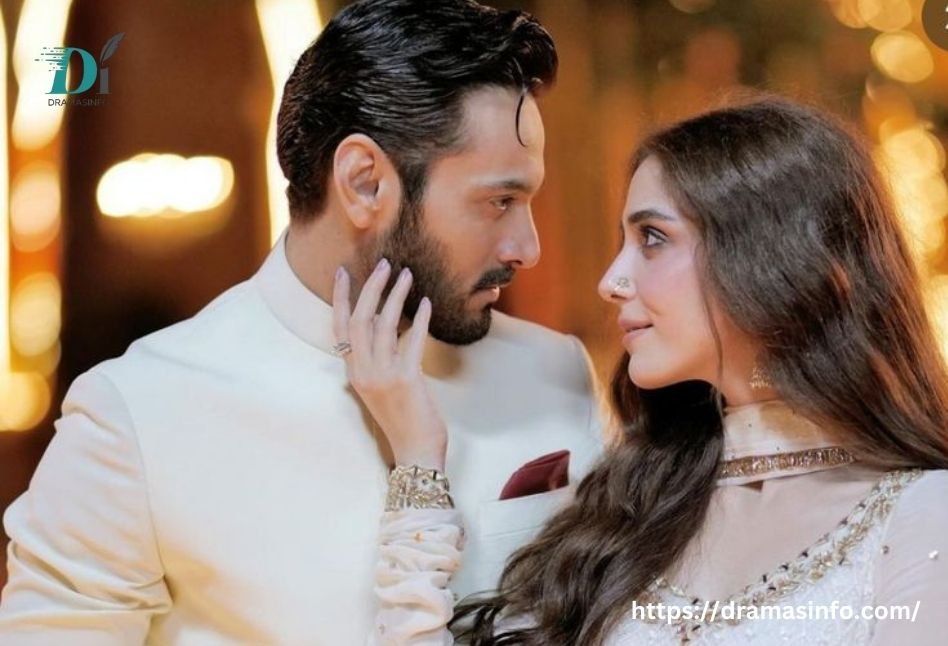
Diyar-e-Dil: For its rich cinematography and intergenerational tensions.
Director: A visionary like Mehreen Jabbar (Jackson Heights) might create a visually attractive and emotionally impactful story by fusing visual beauty with emotional depth.
Soundtrack: Original songs that heighten the drama’s emotional effect by fusing contemporary beats with traditional Pakistani instruments.
Filming: To emphasise cultural differences and give the narrative more realism, scenes were filmed at Karachi’s bustling Boat Basin and Lahore’s Badshahi Mosque.
★★★★☆ (4/5—for its heartfelt storytelling and cultural resonance).
Sunn Mere Dil is proof of the ability of narrative to cut across cultural divides and engage people everywhere.
It is a story that speaks to us on a profoundly personal level because it examines love, grief, and the therapeutic value of art.
Even though it is still a work of fiction, its themes and characters capture the spirit of what makes Pakistani dramas so captivating:
their capacity to inspire and provide hope while reflecting the complexity of real life.
There was much anticipation and excitement surrounding this drama at first, but it has now devolved into a headache. It lacks a screenplay and has the weakest characters and narrative.
A story of unrequited love in which a person’s devotion grows undetected and quiet.
Dil Se was successful abroad even if its box office reception in India was mediocre. It was shown in the Helsinki International Film Festival and the Era New Horizons Film Festival.
Despite receiving conflicting reviews from reviewers, the movie was a box office hit and lasted for 100 days.
Dania Enwer is an actress from Pakistan who performs on Urdu television. She became well-known after appearing in ARY Digital’s Habs in a supporting capacity.